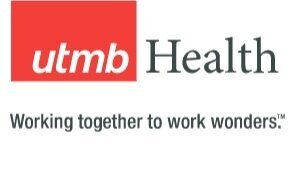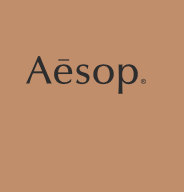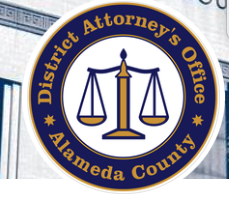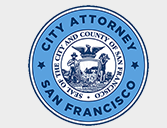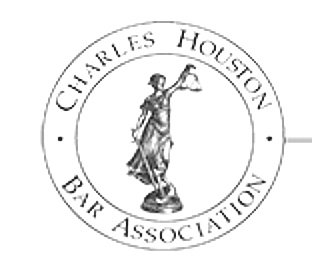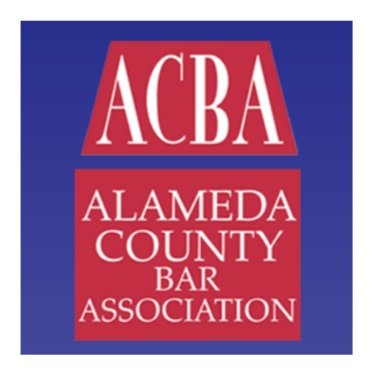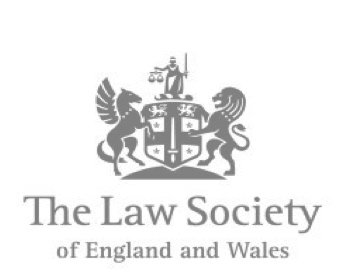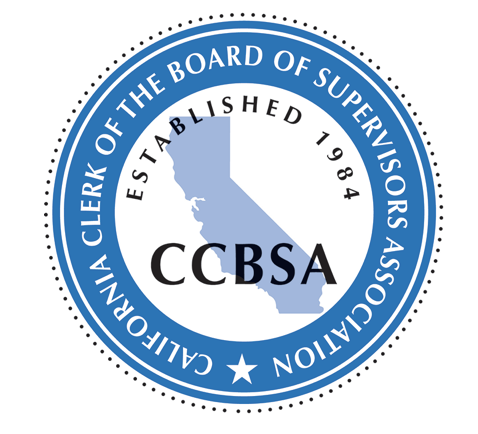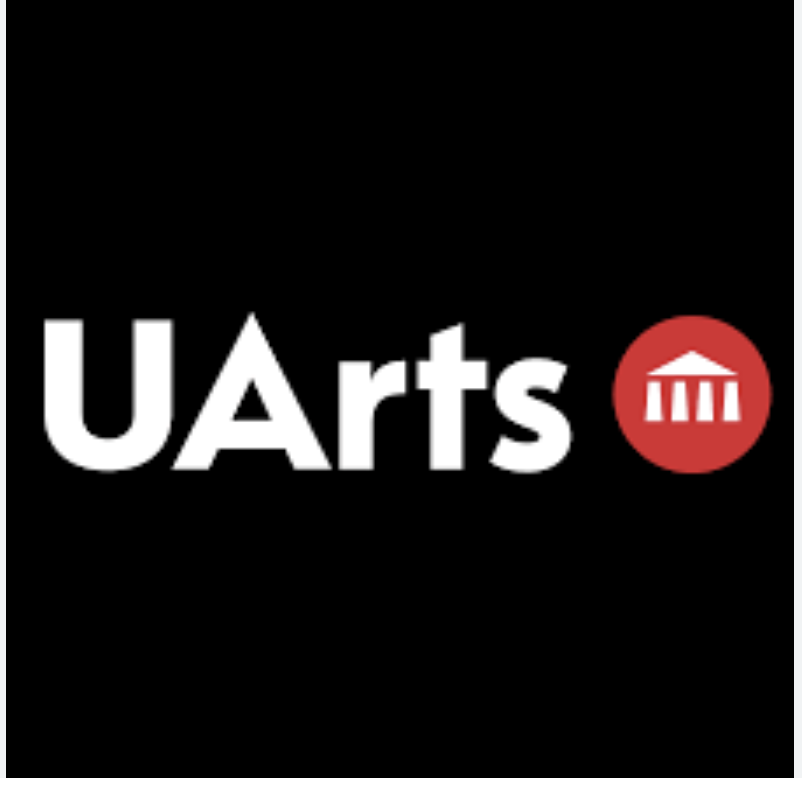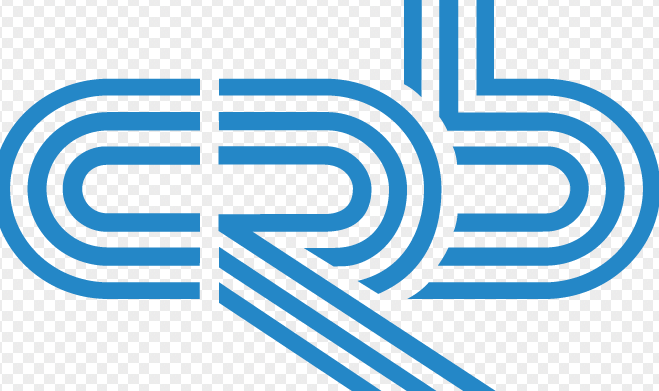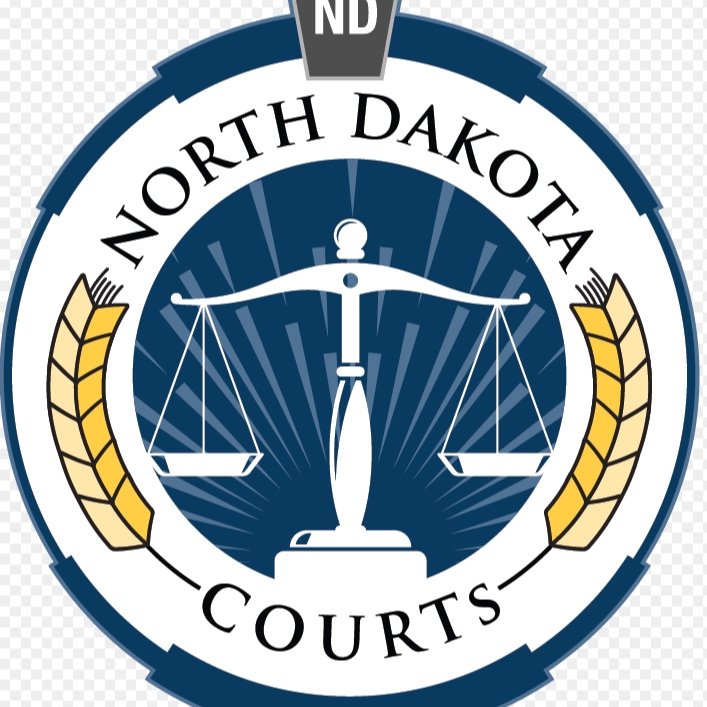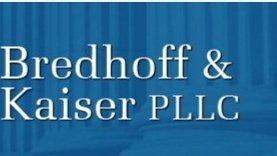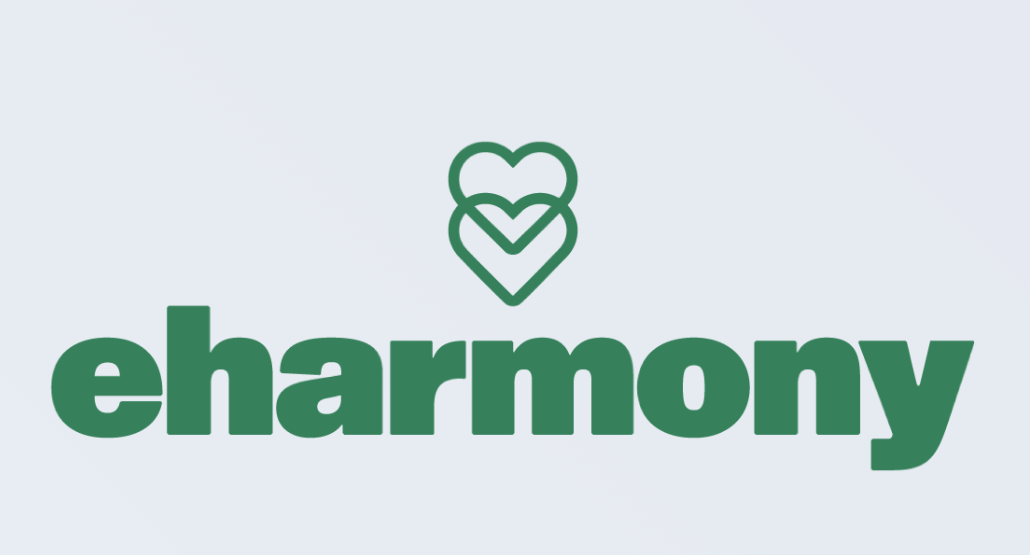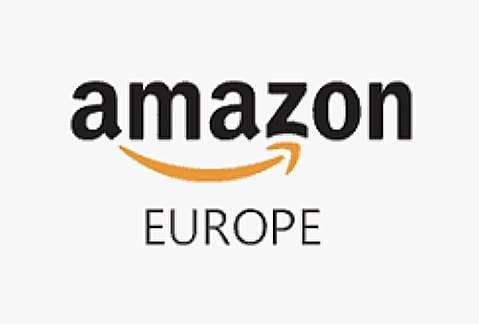FAQs
How do civil rights and employment law go hand in hand, and why do you focus on this in your work?
Civil rights and employment law are deeply interconnected because many of the protections we rely on in the workplace are rooted in civil rights principles. Employment law addresses how people are treated at work, and civil rights laws ensure that treatment is fair, equitable, and free from discrimination. Landmark legislation—like the Civil Rights Act of 1964—prohibits discrimination based on race, gender, religion, national origin, and more, forming the backbone of workplace protections today.
I focus my lectures on employment law and microaggressions because legal compliance alone isn’t enough—we need to understand the everyday experiences that shape workplace culture. Microaggressions may seem small, but they often reflect larger systemic issues and can significantly impact employee morale, inclusion, and retention. My goal is to help organizations not only follow the law but also build work environments where all employees feel seen, respected, and empowered.
What is a microaggression?
A microaggression is an offensive comment or conduct that is directed at someone because of their membership in a marginalized group. The behavior is rooted in stereotypes. This is the definition that I created because it’s a little shorter and easier to understand.
A person is being targeted because of their membership in a marginalized group: e.g. age, race, national origin, sexual orientation, gender, or disability. For example, asking an Asian American person where they are really from is a microaggression rooted in stereotypes about national origin, even if the person asking doesn't intend harm. Oftentimes, people make an offensive comment and do not even realize how the comment impacted the other person.
What is DEI?
DEI stands for Diversity Equity and Inclusion. “Diversity” means that an organization seeks to have people from various backgrounds. It could include gender, religion, disability, and race. Usually an organization will institute hiring and promotion policies that encourages all people to apply and remain with the company. Unfortunately historically some groups have not received fair treatment, thus creating the need to ensure that everyone has an opportunity. A commitment to DEI fosters a richer, more innovative, and ultimately more successful workplace where all people feel valued and empowered to contribute their best work.
“Equity” ensures fairness within the workplace. Equity is actively ensuring fairness within the workplace through measures such as offering mentorship, providing fair access to promotions, and creating pipeline activities to level the playing field for historically marginalized groups.
“Inclusion” means we don’t anyone to be left out. Cultivating a workplace culture that includes everyone could include celebrating cultural holidays or offering food that considers an employee’s religious beliefs. It could also be offering training that educates employees about cultural competency.
What topics do you discuss during the training?
Our main focus is respect, kindness, and basic civility. We achieve basic civility by ensuring employees are not being insulted and being subjected to offensive comments/behavior throughout the workday.
During my training, participants will delve into the powerful historical context that underlies seemingly innocuous phrases and behaviors, fostering a deep understanding of why they can be profoundly harmful. By internalizing this history, participants will be empowered to become more thoughtful and intentional in their interactions going forward. Furthermore, the training provides practical and actionable tips for navigating challenging conversations that arise when an offensive comment has been made, equipping individuals with the confidence to address these situations constructively
Education is a powerful form of protest against systemic racism, discrimination, and intolerance. I am dedicated to educating all who are willing to learn, contributing to a more just and respectful society.
Who has benefited from this training?
A range of professionals and organizations, from HR and legal teams to tech companies, educational institutions (universities/institutes of higher learning, medical students/doctors), and non-profits, have experienced the positive impact of this training. Whether you are a large corporation or a small business, any organization interested in cultivating a workplace culture of genuine respect and understanding will find this training invaluable.
Importantly, marginalized employees often find validation and empowerment in hearing their perspectives articulated and shared within their workplaces. I strive to voice the concerns that individuals may not feel able to express themselves. Specific examples of client organizations are listed at the bottom of this page, demonstrating the breadth of my impact.
Why does it matter?
In today's workplace, basic decency, courtesy, and respect are not just ideals – they are essential for productivity, collaboration, and employee well-being. Eliminating microaggressions isn’t only about protecting individuals from harm — it’s about creating a workplace where everyone can thrive. This connects to the concept of interest convergence: when efforts to support marginalized groups also lead to broader benefits like stronger collaboration, better retention, and a more innovative work environment.
History offers clear lessons. During the westward expansion of the United States in the 19th century, anti-Asian sentiment — especially against Chinese laborers — led to violent discrimination and exclusionary policies like the Chinese Exclusion Act of 1882. While intended to protect white workers’ jobs, these policies actually disrupted the labor market, stalled infrastructure projects like railroad expansion, and created labor shortages that hurt economic growth across the West. Racism didn’t just harm Chinese immigrants — it ultimately undermined opportunity and stability for everyone.
The same holds true today: when workplaces tolerate microaggressions, they weaken trust, stifle collaboration, and limit the potential of the whole team. Addressing these issues helps build a stronger, more equitable environment where everyone benefits.
Further, offending colleagues often stems from a lack of emotional intelligence, hindering effective communication and creating a negative environment. Having listened to countless employees share their experiences with microaggressions, I am focused on driving meaningful progress towards a more inclusive workplace. Decreasing microaggressions is the crucial next step in moving beyond mere diversity – a statistical fact – to genuine inclusion – a conscious choice, where everyone feels valued and has the opportunity to thrive. As Verna Myers eloquently stated, “Diversity is being asked to the party; Inclusion is being asked to dance.”
What other services do you provide?
I lecture, give trainings, give keynote speeches and teach Continuing Legal Education (CLE) on the following topics: employment law specifically Title VII, implicit bias, considerations for employees with disabilities, issues concerning older works, the intersection of historical events, social justice, and employment/labor law.
I provide expert witness testimony on microaggressions, HR policies, workplace investigations, and bias in the workplace. My insights for legal proceedings are informed by 10 years of workplace investigator experience, my legal training, and extensive experience working with both plaintiffs and defendants.
Personalized executive coaching - focuses on empowering leaders to enhance their emotional intelligence and cultural competency, leading to more effective and inclusive leadership that benefits the entire organization.
Policy review/creation - I also leverage my expertise to help start-ups, organizations and institutions of learning, develop comprehensive policies that comply with state and federal civil rights laws.
How can I request training or services for my workplace or client?
To request training or services for your workplace or client, please complete the contact section of this website. I personally, or a dedicated team member, will promptly be in touch to discuss your specific needs and details. We are pleased to offer both virtual and engaging in-person training sessions. I’m also available for international engagements. The topic of fairness in the work place is a universal one and I have been privileged to speak for audiences in the United Kingdom, Taiwan, Austria, and Portugal.







